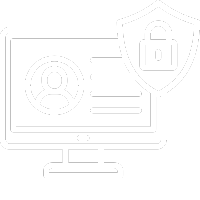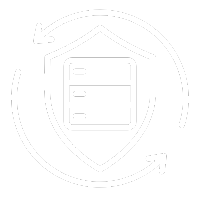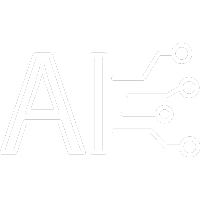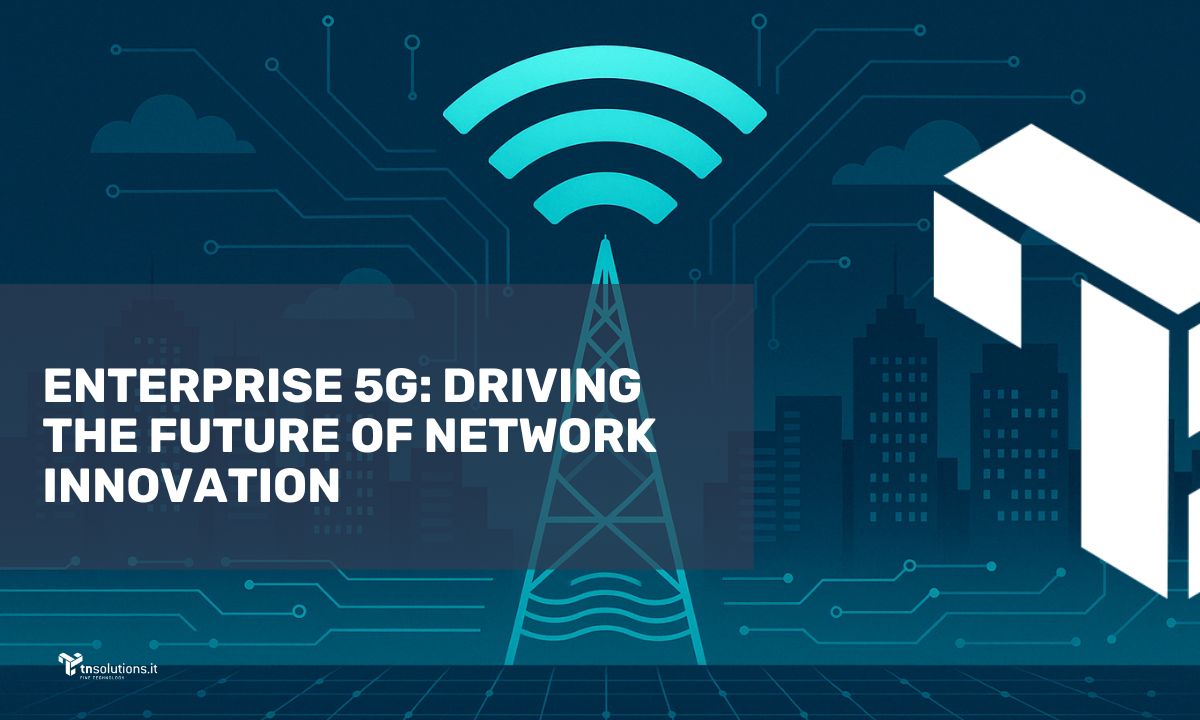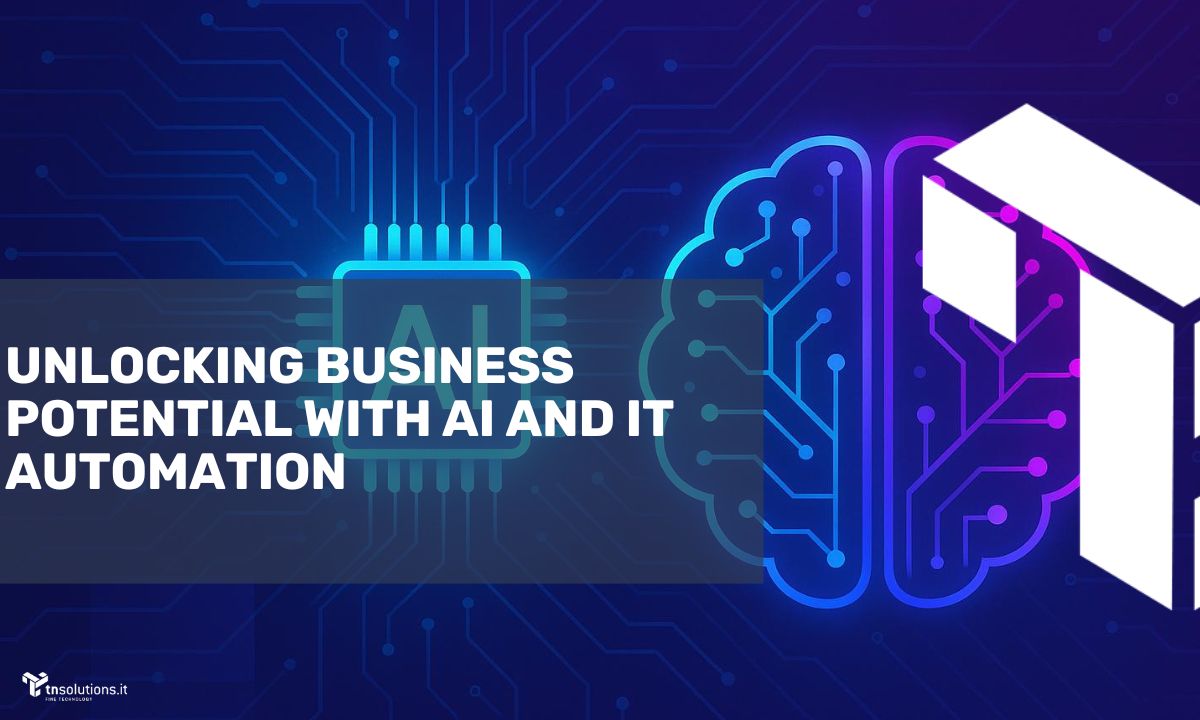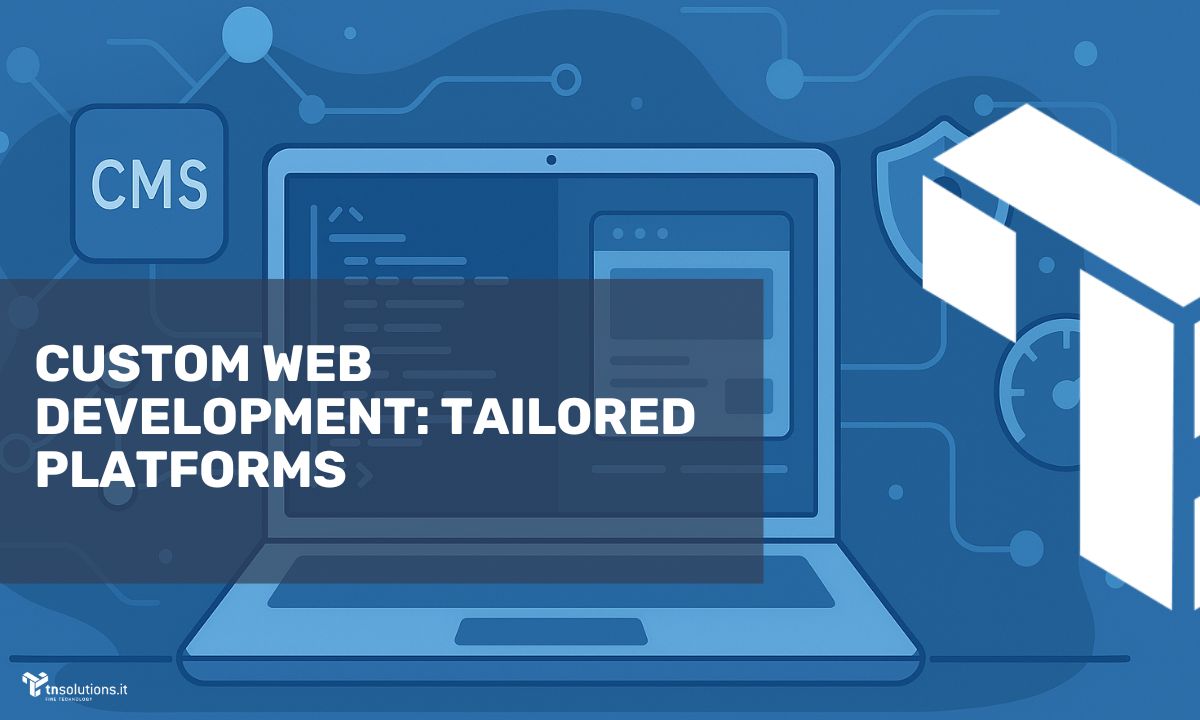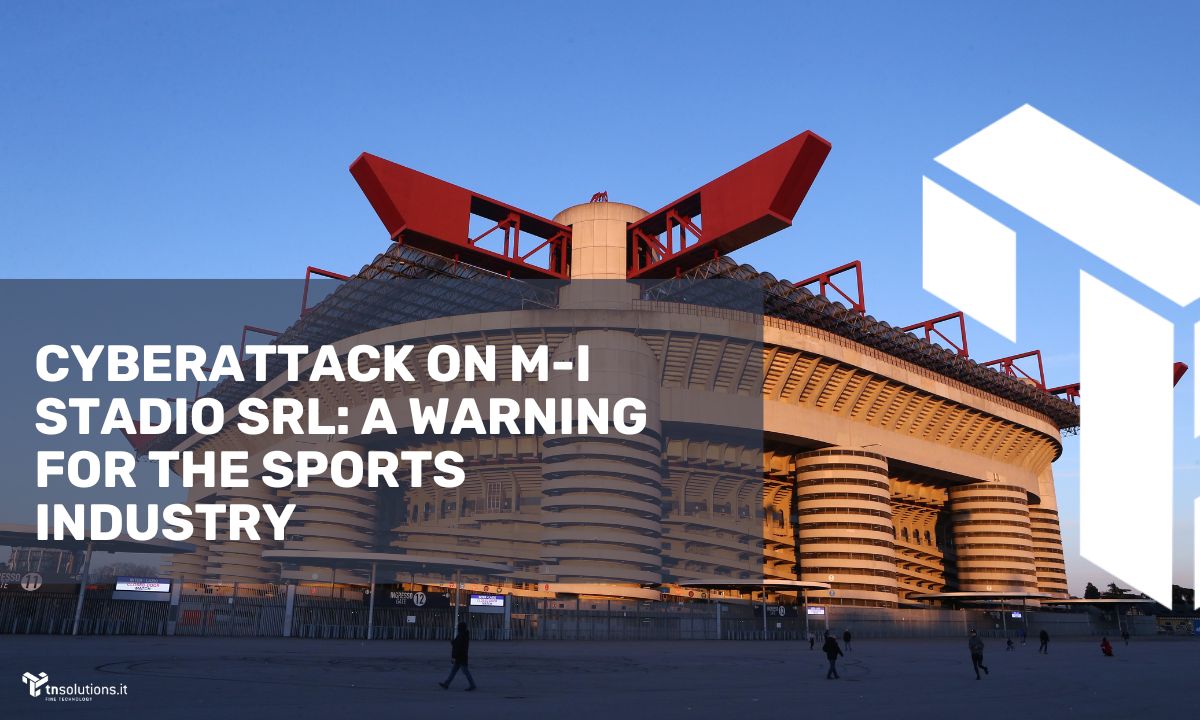
The recent ransomware attack on M-I Stadio Srl, the company managing San Siro stadium on behalf of Inter and AC Milan, serves as a stark warning for the entire sports industry. The cyber gang Bashe claimed responsibility, alleging the theft of one terabyte of sensitive data, exposing the organization to operational, legal, and reputational risks.
While no official statement has yet confirmed these claims, it’s worth noting that hackers rarely misrepresent the scale of their attacks, as doing so would undermine their credibility within the criminal ecosystem. This incident underscores the urgent need for proactive measures to safeguard critical digital infrastructure.
What Are Ransomware Attacks?
Ransomware is a type of malware that encrypts the victim’s data, rendering it inaccessible. Hackers demand a ransom in exchange for a decryption key. Recently, the “double extortion” tactic has gained popularity: criminals not only encrypt the data but also steal it, threatening to release it unless the ransom is paid. This strategy increases the severity of attacks, risking both data loss and reputational harm.
How Hackers Exploit Vulnerabilities
While the technical details of the M-I Stadio Srl attack remain unclear, common infection methods include:
- Phishing Emails: Fraudulent emails that trick victims into opening malicious attachments or links.
- Software Vulnerabilities: Exploiting weaknesses in outdated applications or systems.
- Insecure Remote Access: Misusing protocols like RDP (Remote Desktop Protocol) to infiltrate corporate systems.
- Compromised Websites: Delivering malware through drive-by downloads or deceptive ads.
- Infected Devices: Using compromised USB drives or external storage.
These vectors demonstrate that beyond technology, human error and lack of staff training significantly contribute to successful cyberattacks.
Cyberattacks in the Sports Industry
The sports sector has increasingly become a lucrative target for cybercriminals. Notable examples include:
- Bologna FC: Recently targeted in a ransomware attack similar to M-I Stadio Srl, compromising corporate data.
- Manchester United (2020): The English club suffered a ransomware attack but mitigated damage without paying the ransom due to advanced security measures.
- International Olympic Committee (IOC): Attacks during the 2021 Olympics were state-sponsored, aiming for sabotage.
- US Soccer Federation (2022): Critical data theft occurred through an unpatched system vulnerability.
These cases highlight the growing cyber risks faced by sports organizations, driven by both financial and geopolitical motives.
Risks to Customers and Sensitive Data
The M-I Stadio Srl breach doesn’t just endanger corporate data but also exposes sensitive customer information, including:
- Personal details
- Financial transactions
- Confidential communications
If leaked on the dark web, this data could lead to identity theft, fraud, and other criminal activities, severely damaging trust between organizations and their clients.
How to Prevent and Mitigate Ransomware Risks
- 1. Employee Trainin: Educate staff on identifying phishing attempts and other suspicious activities.
- 2. Regular Updates: Keep software and operating systems updated to patch known vulnerabilities.
- 3. Secure Backups: Perform regular backups of critical data, storing them in isolated and secure locations.
- 4. Advanced Authentication: Use multi-factor authentication (MFA) to secure critical accounts and restrict access to sensitive data.
- 5. Network Monitoring: Deploy intrusion detection systems (IDS) to identify and respond to unusual activity.
- 6. Incident Response Plans: Prepare a plan involving cybersecurity experts, system isolation, and transparent communication with stakeholders and authorities.
Steps to Take After an Attack
In the event of a ransomware attack:
- Isolate Infected Systems: Disconnect affected devices from the network immediately.
- Report the Incident: Notify relevant authorities and, if applicable, data protection regulators.
- Restore Data: Use secure backups to recover systems.
- Conduct Forensic Analysis: Investigate the attack’s origin and address vulnerabilities.
- Avoid Paying the Ransom: Paying does not guarantee data recovery and encourages further attacks.
FAQs About Ransomware Attacks
- What should I do if I receive a suspicious email?
Avoid clicking links or opening attachments. Report the email to your IT or cybersecurity team. - Does paying the ransom solve the issue?
No, it doesn’t guarantee data recovery and may lead to more attacks. - How can I prevent ransomware?
Training, regular backups, software updates, and robust security measures are key. - What is “double extortion”?
Hackers encrypt and steal data, threatening to leak it unless a ransom is paid. - Which industries are most at risk?
All sectors are vulnerable, but critical infrastructure, healthcare, and finance are particularly targeted.
Conclusion
The cyberattack on M-I Stadio Srl highlights the critical importance of cybersecurity in the sports industry. Safeguarding digital infrastructure and sensitive data is not just a technical challenge but a responsibility toward clients, partners, and the public.
Organizations must prioritize prevention, preparation, and rapid response to counter increasingly sophisticated threats. Stay vigilant, invest in security measures, and keep your organization resilient against evolving cyber risks.
Stay updated as the situation unfolds with potential new details about the attack and its consequences.


